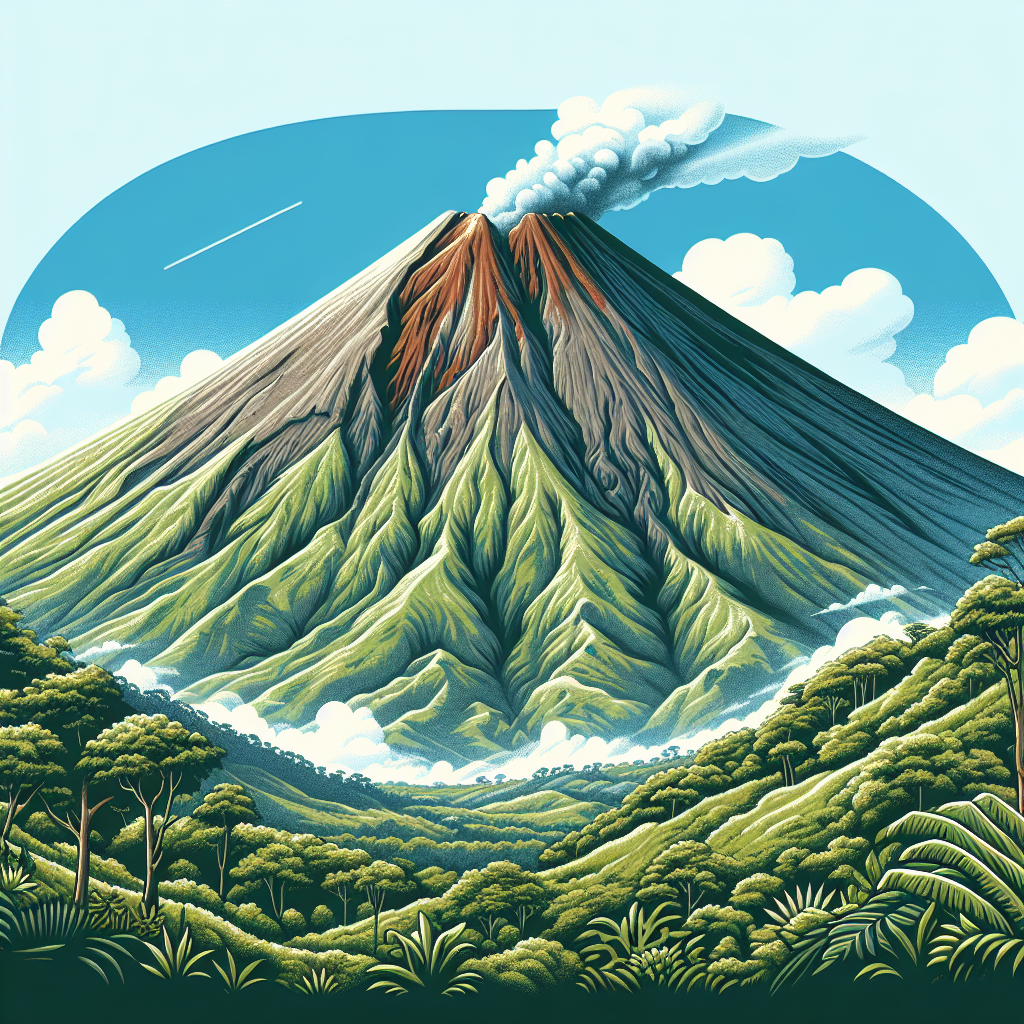Iceland's Volcanic Unrest: A Fiery Dance With Climate Change
Iceland's Askja volcano is undergoing rapid inflation due to magma buildup, raising fears of a potential eruption. As glaciers retreat from climate change, scientists investigate the possible connection to increased volcanic activity. This poses threats not only to Iceland but also globally due to potential volcanic impacts.

In the rugged expanse of Vatnajokull National Park, Iceland's Askja volcano is inching closer to a potential eruption. Volcanologist Michelle Parks monitors the crater, as concerns mount over its inflation of about 80 cm due to accumulated magma.
The inflation presents risks not only locally but globally, especially as the rapid retreat of glaciers—an outcome of climate change—might trigger more eruptions. Historical data suggests a surge in volcanic activity when glaciers recede, supporting worries over planetary-wide impacts.
Researchers are testing this troubling theory, with significant implications for Europe and beyond. The interplay between ice melt and volcanic activity emerges as a crucial frontier in confronting future geological and environmental challenges.
(With inputs from agencies.)










